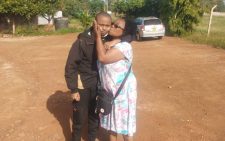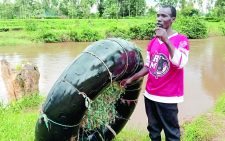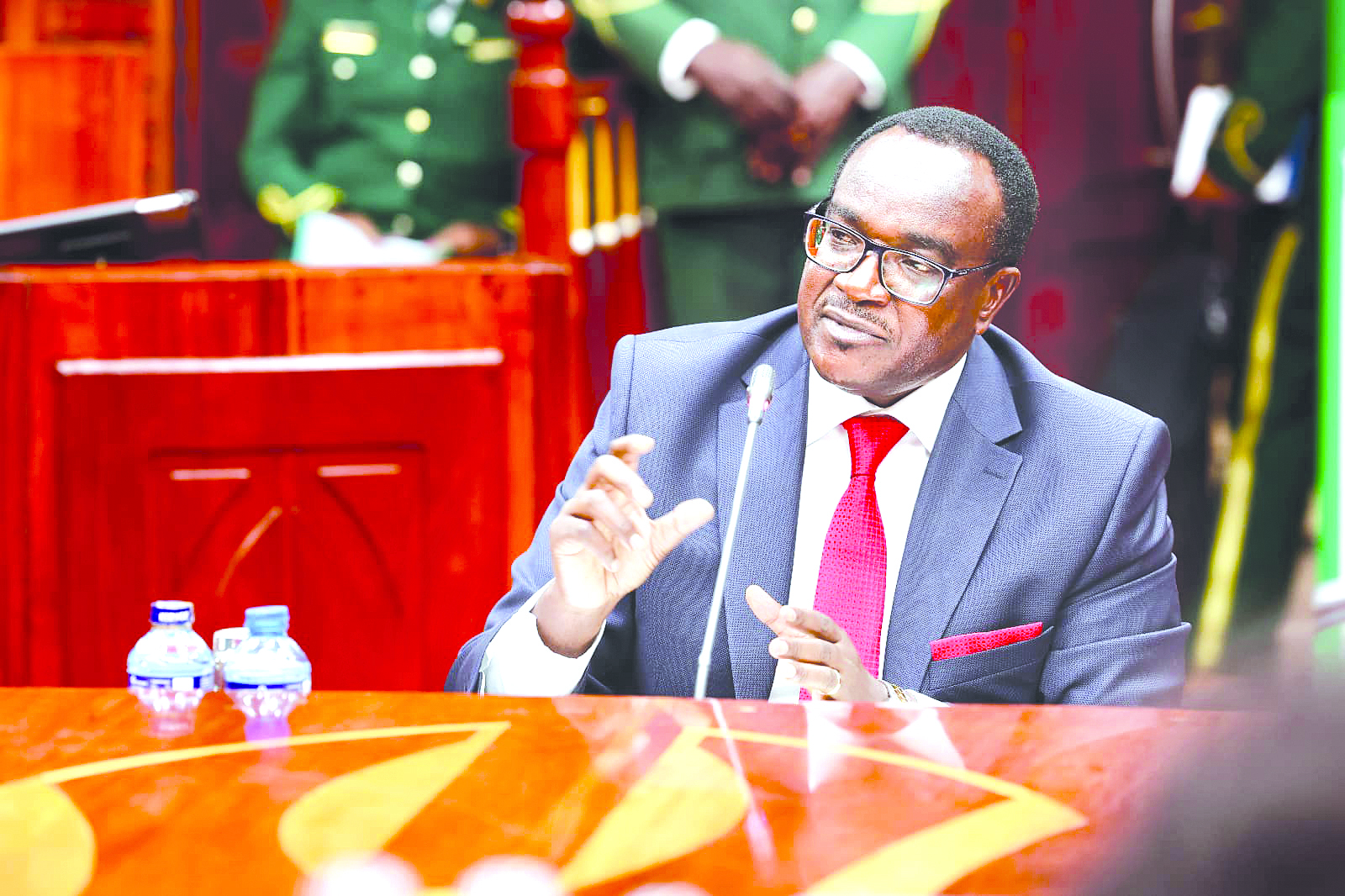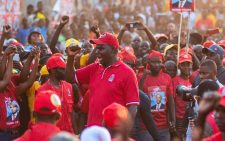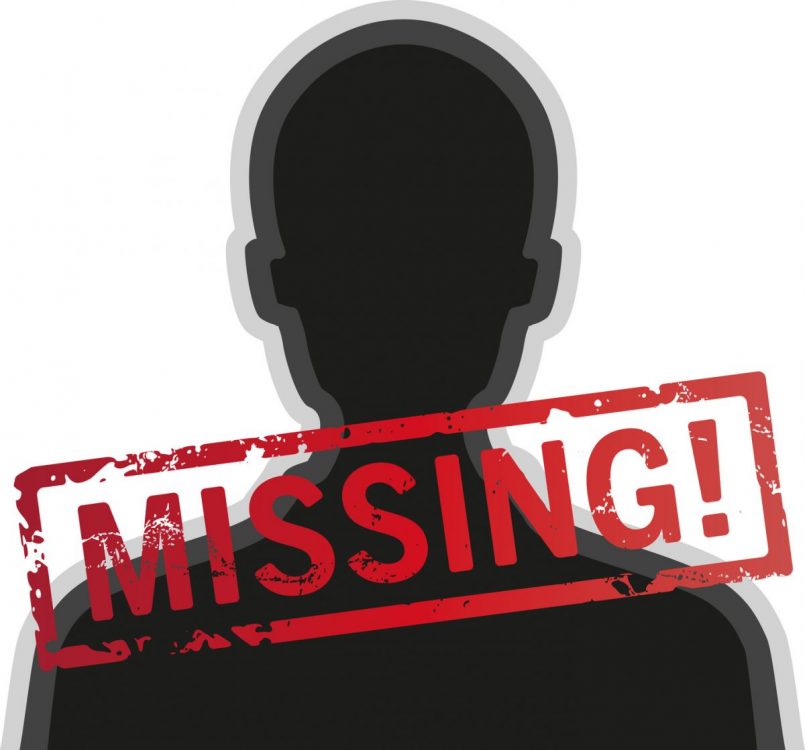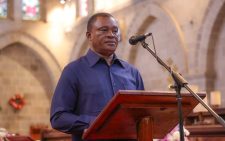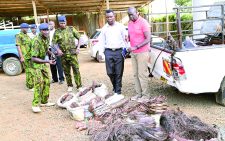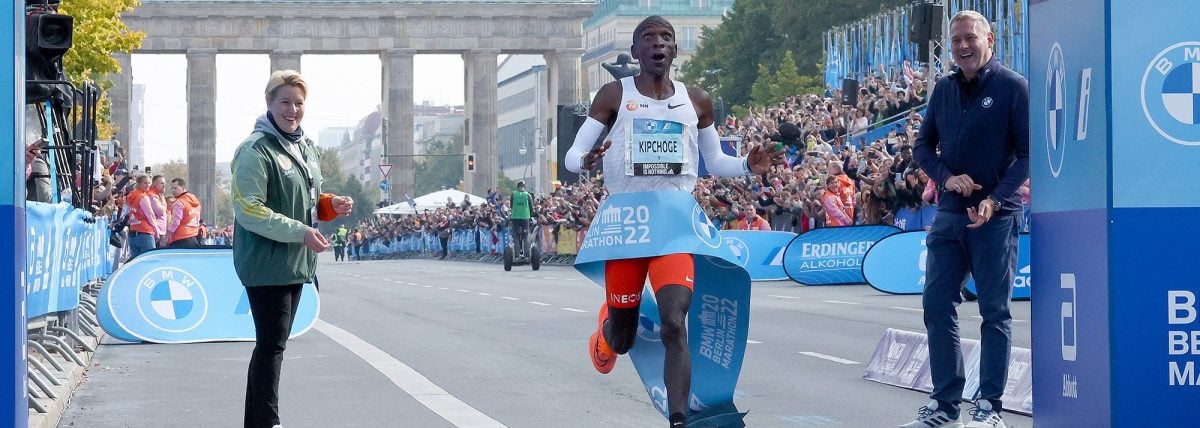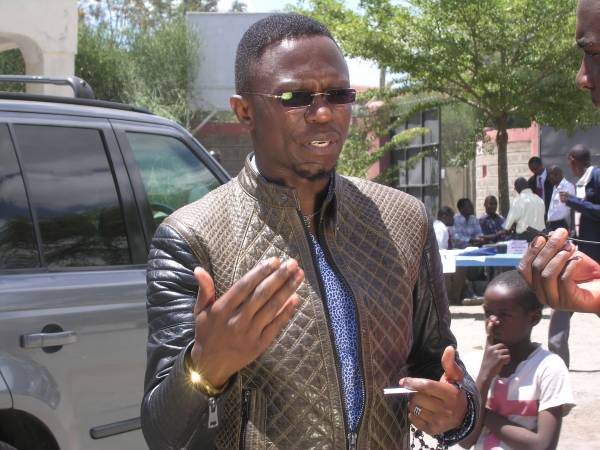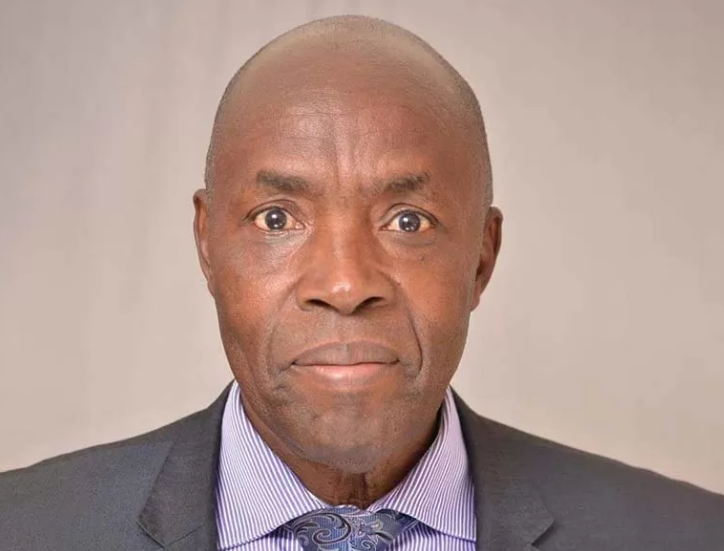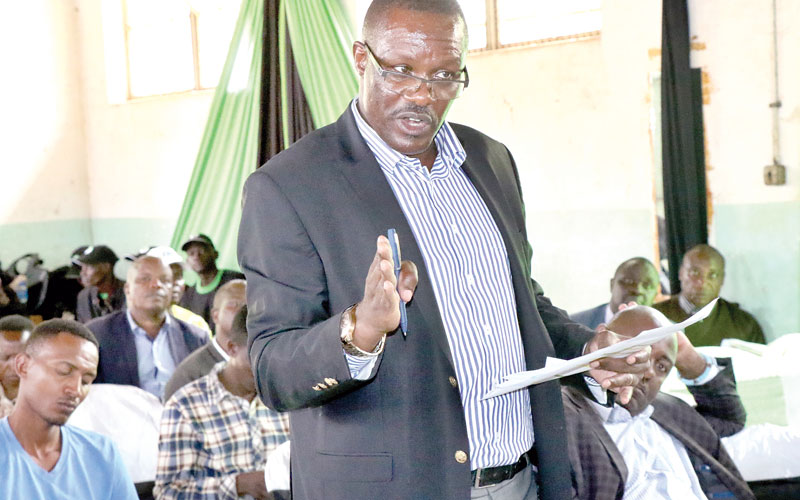Raila: Why Ruto win must be rejected
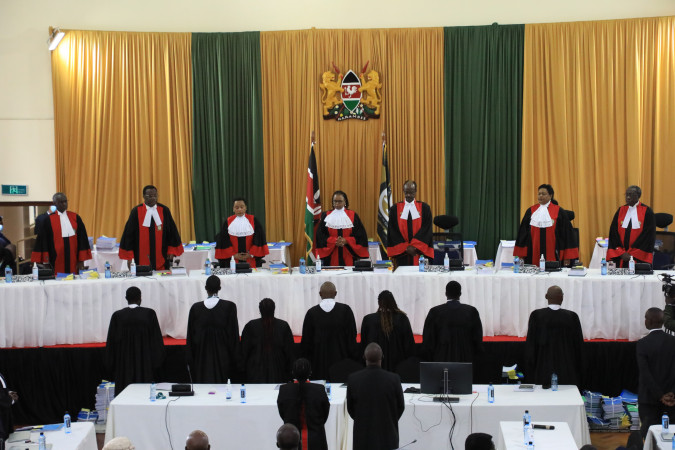
Lawyers for Raila Odinga, the Azimio-One Kenya presidential flag bearer, yesterday made a case for nullification of the August 9 presidential election results and removal of the electoral commission chairman Wafula Chebukati from office over alleged misconduct and bungling of the polls.
Raila’s legal team, led by James Orengo and Pheroze Nowrojee, spent much of the day trying to convince the Supreme Court to quash the commission’s declaration of William Ruto as President-elect on grounds of fraud and forgery.
They alleged that the election results are unverifiable because “the election result Forms 34A had been intercepted by third parties upon transmission from polling stations, details altered and re-uploaded in the IEBC’s public portal”.
However, by late in the evening, several of the judges, including Deputy Chief Justice Philomena Mwilu and Justice Smokin Wanjala asked the lawyers to explain today how this happened. This was among the questions that the seven lawyers sought clarity on after the submissions closed.
They also asked the lawyers to propose alternative ways to a repeat election in the event that the court ordered a repeat election after agreeing on the removal of Chebukati as chair.
Pheroze had earlier argued that the just concluded presidential election was marred by deceit, manipulation and that the outcome had been premeditated.
“This premeditation was made possible by the attack on the IT structure and system of the electoral commission. The way they dealt with the forms when uploaded and downloaded,” he said.
“The IEBC procured two parallel sets of forms 34A; it was intended that only booklet 1 of 2 would be used at the polling station, while booklets 2 of 2 was to be placed in a tamper proof envelope,” the lawyer stated.
Orengo asked the judges to nullify the election results on grounds that Ruto did no get the required 50 per cent plus one vote as required by the Constitution.
He argued that the IEBC contradicted itself when it first indicated that the total votes cast were 14,466,779 representing 65.4 per cent before it later indicated in the final votes captured in Form 34C as 14,213,037. Orengo told the court led by Chief Justice Martha Koome that there were discrepancies in results and voter turnout in some areas.
Further, he said, KIEMS kits and the Form 34C, which was used to declare the president-elect, failed to account for over 140,000 votes and this had an impact on the declared results.
“If you look at the results as announced by IEBC and compare them with what is stated in Form 34C, and if you compute the number of votes cast for each of the four candidates, they do not add up,” he said.
Pattern of violations
“Our grievance is not a conspiracy theory or any ordinary event; if you look at the evidence in totality, we invite your Lordships to come to the conclusion that what happened on August 9 marks a pattern of violations against the Constitution in order to undermine the sovereign will of the people,” Orengo said in his submissions.
According to him, there was a systematic deduction of votes cast for Raila in some constituencies, and the same number allocated to Ruto.
“The way the commission was able to deal with the forms in uploading, transmission and others deleted from the system clearly showed that this election was rigged in favour of Ruto and we urge that you nullify the election because Ruto did not attain the 50 per cent plus one vote threshold,” Orengo submitted.
He further said IEBC was dysfunctional and incapable of presiding over an election. “We have a commission that is divided right in the middle, that speaks to a dysfunctional constitutional body that is not capable of presiding over an election that will give it the legality that the election requires.”
Later in the evening, the judges sought to know from Orengo and his team how it would be possible to conduct a fresh election if this argument was to carry the day.
They said there was a procedure for removing a constitutional office holder and asked whether IEBC would be legally constituted if Chebukati were to be removed.
Paul Mwangi, also representing Raila, had in his submissions argued that all IEBC commissioners were equal in terms of qualifications and the chair ought not to treat members of the commission as subordinates.
He was referring to the fallout between Chebukati and his deputy Juliana Cherera. Mwangi argued that the power given to IEBC chairman to declare election results doesn’t amount to a power to decide on election results to declare.
“Chebukati has disrespected the Constitution and he has been unable to deliver a free and verifiable election,” he said.
Held responsible
He said Chebukati was not the commission and that he was supposed to act together with the rest of the commissioners to deliver a proper constitutional decision.
“There was an attempt by the Chairman of the IEBC to take away the collegial nature of decision-making at the commission,” he said.
According to Mwangi, Chebukati committed an illegality by declaring the presidential results without the support of a majority of commissioners, hence making his decision unconstitutional. He also noted that the chairperson’s constitutional mandate to declare presidential results doesn’t give him the power to tally and verify results.
Mwangi said that it was only in Article 138 (10) of the Constitution where the chairman is asked to declare the result of the commission’s decision.
“Political scientists say that power that is unjustly acquired will never be justly given, if you want to have a legitimate transfer of power in a country you must ensure that the power is known as legitimately obtained,” Mwangi added.
Pheroze also supported the view, saying that Chebukati should be held responsible for “subverting the will of the people”.
He, too, faulted the IEBC boss, saying he failed to involve all the other commissioners in key decisions of the electoral body, including final tallying.
Later in the evening, the judges sought to know from him and other petitioners’ lawyers how come the commissioners were seen reading results from various constituencies. They also wanted to know why the commissioners did not raise questions or protest about their exclusion “until the eleventh hour”.
The Deputy CJ asked the lawyers to explain clearly at what point the commissioners and the chairman fell out.
Lawyers for the petitioners are expected to answer these and nine other questions in their responses today.
Meanwhile, President-Elect William Ruto’s lawyers are today scheduled to defend his victory. The team, led by Senior Counsel Fred Ngatia had on Tuesday asked for more time to respond but their request was shot down. The open hearings, which are being televised live, will continue today and tomorrow.
with the Supreme Court set to issue its verdict on Monday.


